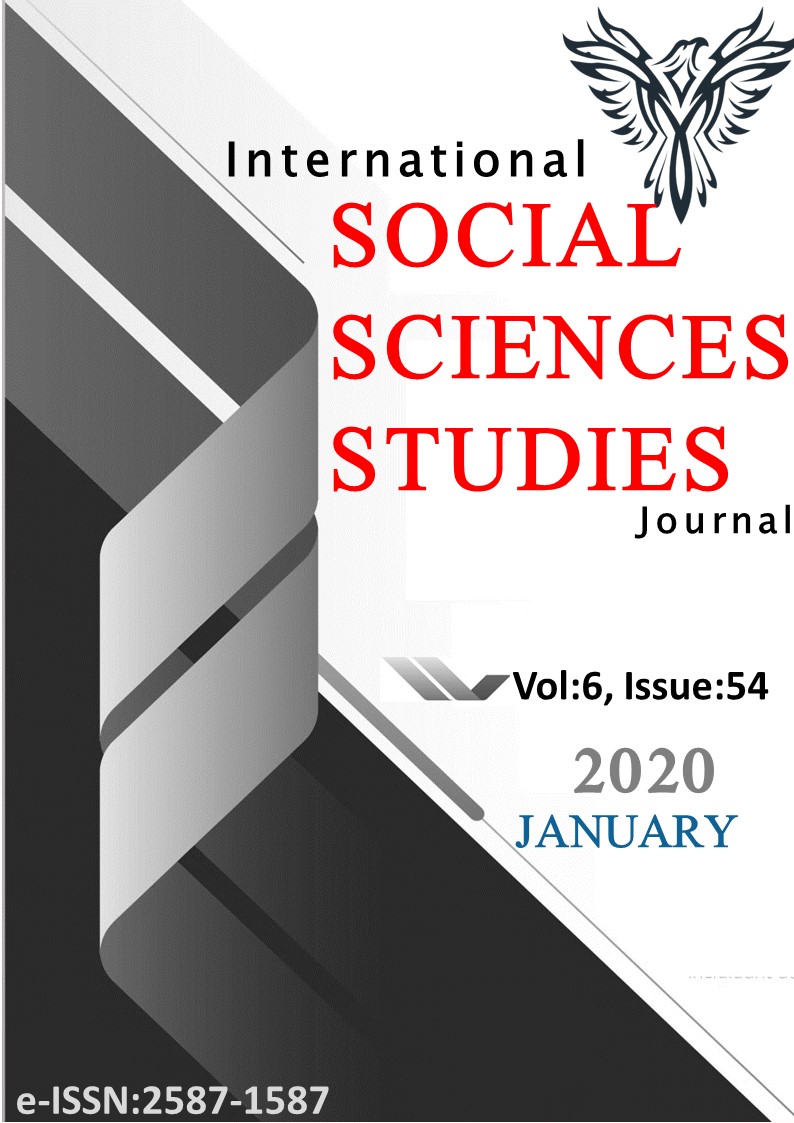Author :
Abstract
Bu araştırmada STEM eğitiminin Suriyeli mülteci öğrenciler üzerinde etkisi incelenmiştir. Araştırma modeli olarak nitel araştırma modellerinden durum çalışması kullanılmıştır. Araştırma Güney Doğu Anadolu Bölgesi’nde Milli Eğitim Bakanlığına bağlı bir okulda eğitimine devam eden 6. sınıf 15 Suriyeli mülteci öğrencinin katılımıyla gerçekleştirilmiştir. Veri toplama araçları olarak Basit Malzemelerle STEM Eğitimi Yansıtıcı Günlük Formu,Basit Malzemelerle STEM Eğitimi Mülakat Formu ve Öğretmen Gözlem Formu kullanılmıştır. Toplamda 7 hafta da 7 Etkinlik yapılmış ve yapılan her etkinliğin ardında Basit Malzemelerle STEM Yansıtıcı Günlük Formu doldurulmuştur. Etkinlikler bittikten sonra ise son test olarak STEM Eğitimi Mülakat Formu uygulanmıştır. Sonuç olarak yapılan STEM eğitiminden Suriyeli Mülteci Öğrencilerin olumlu yönde etkilendiği, merak duygusunun oluştuğu, okula ve öğretmene karşı tutumlarının değiştiği, fen dersine karşı ilgilerinin arttığı, yaratıcı düşünme, iş birliği yapma ve iletişim kurma gibi 21. Yüzyıl becerilerinin geliştiği tespit edilmiştir.
Keywords
Abstract
In this study, the effect of STEM education on Syrian refugee students was examined. Case study, one of the qualitative research models, was used as the research model. The research was carried out with the participation of 15 Syrian refugee students attending 6 th grade in a school affiliated to the Ministry of National Education in South East Anatolia Region. STEM Training Reflective Daily Form with Simple Materials, STEM Training Interview Form with Simple Materials and Teacher Observation Form were used as data collection tools. In total, 7 events were held in 7 weeks and STEM Reflective Daily Form with Simple Materials was completed after each event. After the activities, STEM Training Interview Form was applied as a final test. As a result, it was determined that Syrian Refugee Students were positively affected by STEM education, curiosity was formed, attitudes towards school and teacher were changed, their interest towards science lesson increased, creative thinking, cooperation and communication skills were developed in the 21st century.





